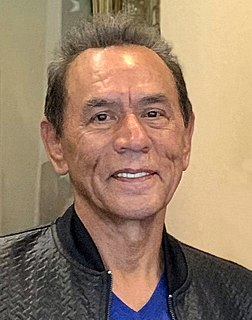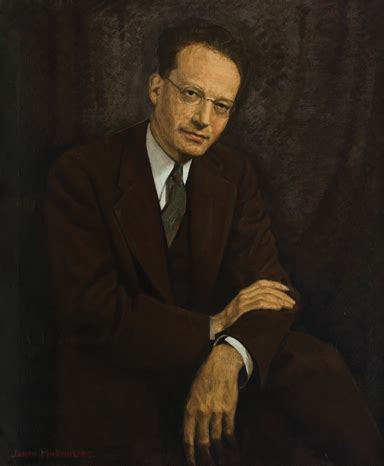A Quote by Jason Aaron
I've always been fascinated with the history of the Plains Indians and the history of the American Indian Movement in the '70s.
Related Quotes
When I speak to students about the Civil Rights Movement, I say that it is impossible to stop a determined movement that is captivating the American consciousness. I think the candidacy of Sen. Obama represents the beginning of a new movement in American political history that began in the hearts and minds of the people of this nation. And I want to be on the side of the people, on the side of the spirit of history.
We need to give out portrayal of ourselves. Every non-Indian writer writes about 1860 to 1890 pretty much, and there is no non-Indian writer that can write movies about contemporary Indians. Only Indians can. Indians are usually romanticized. Non-Indians are totally irrepsonsible with the appropriation of Indians, because any time tou have an Indian in a movie, it's political. They're not used as people, they're used as points.
We, as Indian tribes, should be able to prosecute non-Indians on tribal lands. But on Indian land, we have no ability to prosecute anyone but another Indian. American Indians having status as a foreign nation is good for us, but it's not good in some ways if we don't have the jurisdictional power that the federal government claims.
We know from our recent history that English did not come to replace U.S. Indian languages merely because English sounded musical to Indians' ears. Instead, the replacement entailed English-speaking immigrants' killing most Indians by war, murder, and introduced diseases, and the surviving Indians' being pressured into adopting English, the new majority language.
It is a pity that so many Americans today think of the Indian as a romantic or comic figure in American history without contemporary significance. In fact, the Indian plays much the same role in our society that the Jews played in Germany. Like the miner’s canary, the Indian marks the shift from fresh air to poison gas in our political atmosphere; and our treatment of Indians, even more than our treatment of other minorities, reflects the rise and fall in our democratic faith.
Even though the American Indian Movement on a national-international scale has proven to be extremely dysfunctional, the American Indian Movement I was associated with I'm very proud of. We were a revolutionary, militant organization whose purpose was spirituality first, and that's how I want to be remembered.





































